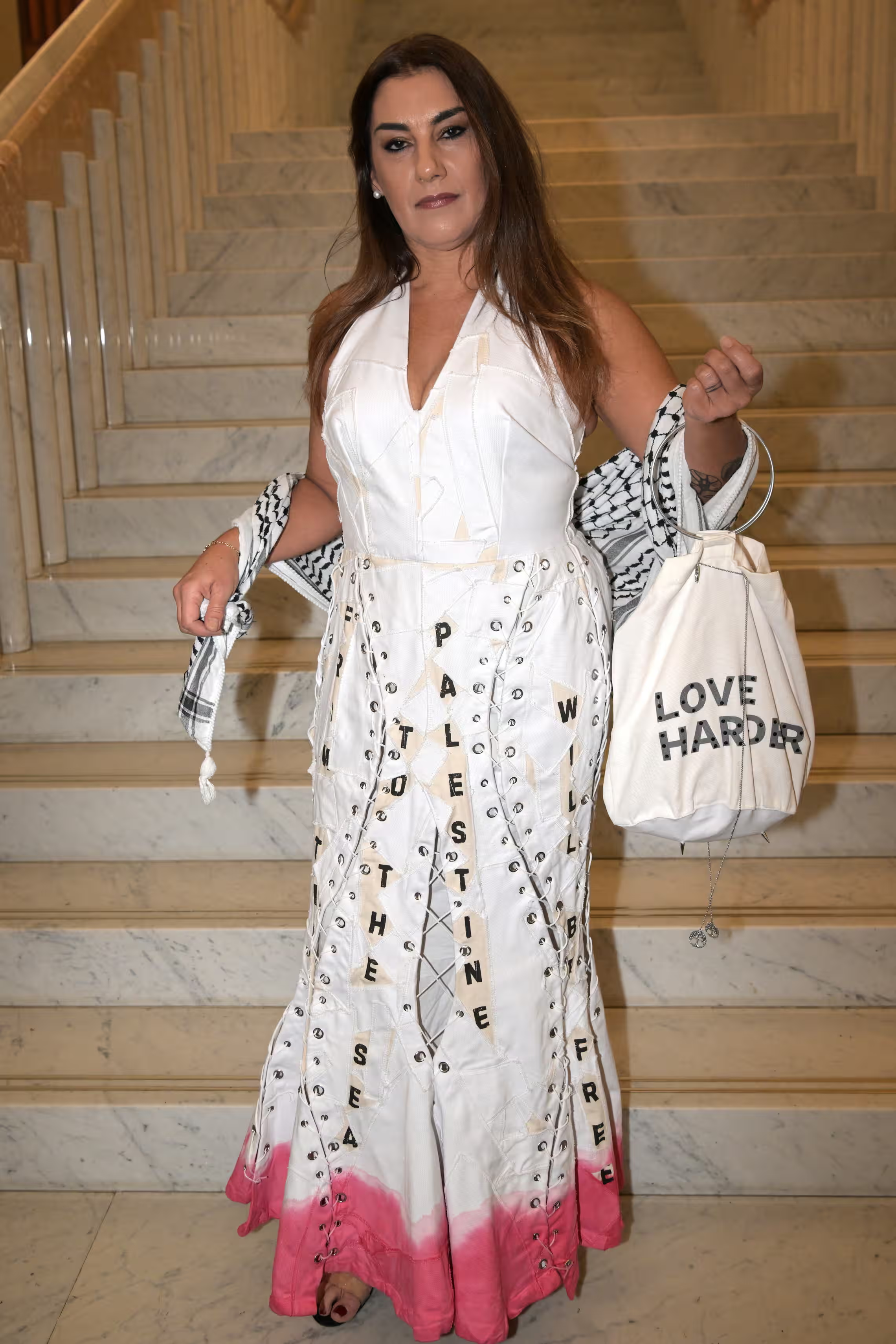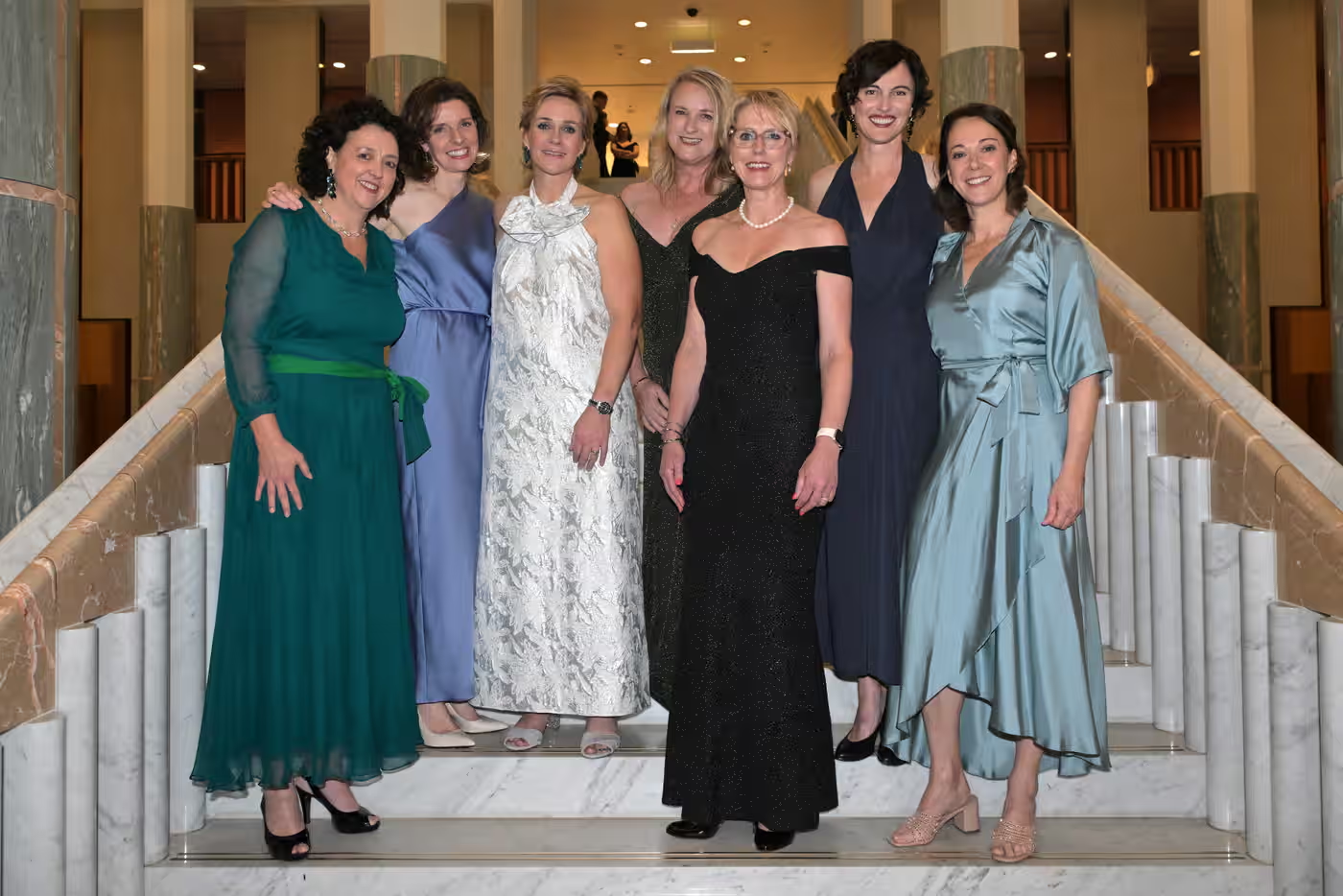Mother knows best, they say. But sometimes mother takes too much time considering Father’s feelings and need for things to remain the same forever and bites her tongue at the key moment to keep the peace, and nothing changes, or, it gets worse.
Why yes, I am a well-meaning white woman. And *gasp* I used to be a lady who lunched, flying to different capital cities, but mostly Melbourne, to discuss the future of that well know white woman profession, Speech Pathology. (I was ACT Branch president of Speech Pathology Australia for 4 years, and there were many white woman lunches). I’m white, university educated and if I didn’t have all this anxiety I’d probably exude a little more authority on topics I may speak on, even if I speak over someone with better ideas and more experience. But does this actually help the situation? Do we achieve the incremental change that was probably coming anyway, thank the bread givers for the crumbs and wait for the next convenient time to ask for a little more? Or do we push harder, and make people uncomfortable, and make them question their priorities. Is my priority the seat at the table or making sure there’s more diversity at the table, or is it flipping the kitchen table and finding a new way to have this conversation?

Well-meaning white women are well skilled in trying to achieve what is important FOR the people they advocate for. I’ll go back to speech pathology because it’s where I’ve been for an example. It’s important that Grandad doesn’t aspirate on liquids after his stroke right, because this might lead to a chest infection and aspiration pneumonia can lead to death. So it’s important FOR Grandpa that, since there’s evidence he aspirates on his beer with his mates (some goes into his lungs rather than being swallowed cleanly), he is advised that he mustn’t drink beer any more, or perhaps have it thickened to a safer consistency. Grandpa smiles and nods at the young lady offering this advice and thickener samples, but then has a beer anyway, dealing with the coughing and the risk this yeasty treat might cause him.
But what’s important TO Grandpa here is the ritual of having his beer. It’s being able to have that normality after other aspects of his life have been taken away from him after the stroke. He may not have his license any more so has lost that independence, or he takes his other beverages thickened when at home – his wife thickens his tea and he reluctantly sips from a thickened bottle of cordial to stay hydrated in summer. But he knows the risks he takes, he’s read the brochures from the health service, he’s discussed it with his wife. So there’s duty of care and dignity of risk.
Another classic well meaning white woman is the child protection worker, who of course has a myriad of factors to take into account for a child’s safety, but may not consider that cultural safety is just as important as not being exposed to certain dangers. It’s a fine line that the well-meaning white woman walks, with policies and procedures, her own experiences and ideas of what’s right, and the threats to the status quo of trying things a different way. I don’t envy those roles, I probably could work in them and then find myself burnt out so fast from trying to just get it right.
But it’s when there’s not an imminent danger when the well-meaning white woman’s reluctance to ask for, or to DEMAND more, from those running the show or holding the purse strings needs to be examined, picked apart and thrown out. She needs to be willing to stop playing nice, stop upholding her place at the table, stop being so deferent and polite about it all. You need to start pulling your support when they just keep pretending to listen to you but then give nothing.

I’m referring here to all the committees and consultations that have come and gone over the first two years of Labor in the disability and welfare spheres. The Voice referendum and how quickly nothing came of that once the no vote was clear. How Lidia Thorpe and other Blak women who pointed out the obvious flaws of the Voice as it stood were thrown under the bus to keep things nice within their parties and organisations. How the Economic Inclusion Committee, run by well meaning white woman Jenny Macklin, put their evidence based arguments for significant increases to welfare to the Labor party that neat two weeks before budgets TWICE, in order to there be nothing done, and for ACOSS and other saying Thank you for $20 here and there, and more money for Commonwealth Rent Assistance that just pushes rents along their merry way and doesn’t achieve change in the lives of people who don’t have a roof over their head or if they do can’t afford the other necessities in life.
How you can have another post-budget lunch with the treasurer and listen to his spiel on “responsible” measures that don’t impact inflation, but don’t impact anything else really. Jim Chalmers refers to the conversations Australian families are having around their kitchen tables, about what he thinks they are talking about anyway. If you have a kitchen table, what are your conversations about? The people who are left behind are still left behind, and fall even further behind if you don’t even let them catch up.
Julian Hill was in my dreams last night, I was remembering before the start of the most recent Workforce Australia enquiry he had a video call with some of use from AUWU and the Antipoverty Centre, telling us how much he looked forward to our input and how much he valued our lived experience. And then he proceeded to reaffirm the myth of the dole bludger and the value of work for the dole at any chance he got. And what did we get from that? More reassurance that better things aren’t possible and that the status quo must be maintained. And there’s still silence on what the government will do about the recommendations from the Royal Commission into Violence, Abuse, Neglect and Exploitation of People With Disability. So we see more puff pieces about scented candles being made for sub-minimum wage while their employers make money off their labour and have expenses covered by the NDIS but crickets on raising the wages of disabled people to the same level as everyone else. They’re supposed to go to half the minimum wage this year and to minimum wage by 2034, in case you were wondering what was recommended.
Julian Hill is asked why Labor outsources employment services & isn't rebuilding a public service
"You couldn't do it" because "all of the service provision is sitting outside in privates & not for profits"
So…we can't stop privatisation because the system is too privatised🤦 pic.twitter.com/VDFIX8Mt0A
— jeremy poxon (@JeremyPoxon) February 21, 2024
So, while these little committees and organisations may look nice, if you’re not working to include the voices of “others” – those actually affected by the policies you make you crust discussing day in day out, to actually listen to them, to amplify them, to give them prominence about your own, are you actually going to achieve change, or are you working to maintain the status quo, to ensure your organisation keeps getting a seat at the big boys table, the funding grant, because you tell them what they want to hear and let them make the bare minimum change. You get your car lease renewed for another year, your seat in parliament, and they system keeps ticking along while nothing really changes and people continue to suffer.

Palestinians don’t have ten years for nice little motions that maintain the status quo, that uphold apartheid Israel. Homeless people are dying in the cold, but, sure, worry about how raising welfare to the poverty line might affect inflation (when your committees say it won’t) and continue to cosplay homelessness in CEO sleepouts in secure underground carparks, while you have the power to legislate meaningful, immediate change.
#DavidSpeers clearly struggled to put the words in #FatimaPayman's mouth.
She fired back with the skill and clarity in the interview.
"#Palestinians don't have 10 Years for a political handshake."#insiders #ABCNews #auspol #Gaza #HumanRights #FreeSpeech #WarCrimes #Genocide pic.twitter.com/8zanng29ZX— Med (@Medicayy) June 30, 2024
So, as a well meaning white woman, I need to step back and reflect on how I’m enabling the status quo by allowing other voices to be silenced because they don’t use the right words or have the right educational background. Am I just paying lip service to lived experience or am I amplifying the knowledge and strengths of people whose voice may not be so polite and tidy, but have the knowledge and the experience to express the need for real reform.
Even if you think you can say it better, stand back, give someone else a chance. They may very well be better than you. Isn’t that scary?
